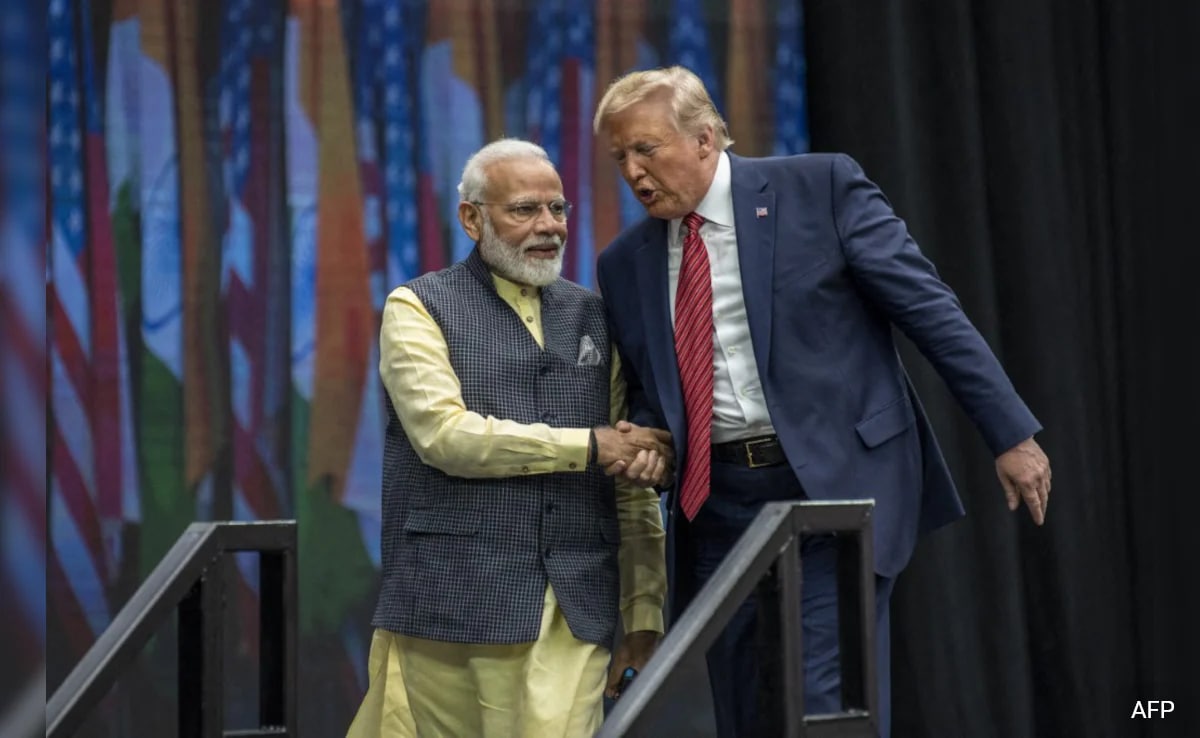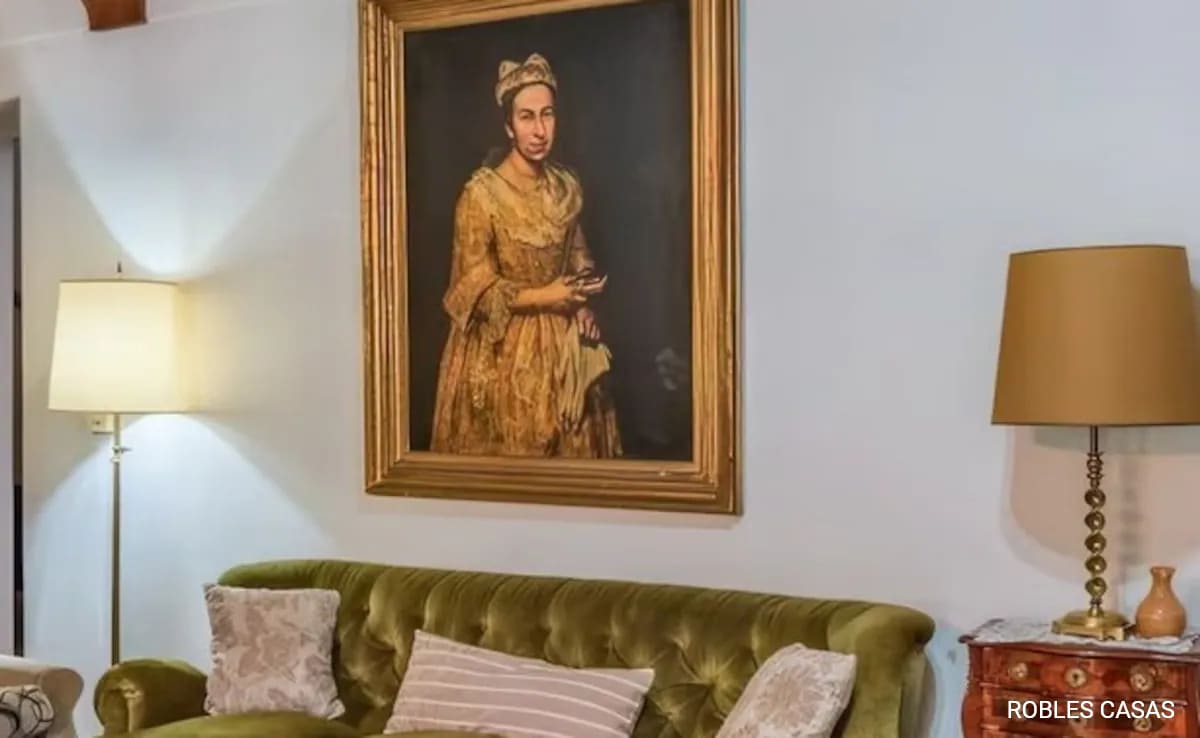Yuen, who advises the Hong Kong government on covid policies, went on to call valve-equipped face coverings âselfish,â explaining that these vented designs âfilter air when inhaling, but when the air is breathed out through the air valve, it is not filtered, which is not good,â the South China Morning Post reported.
A 36-year-old male guest at the hotel, who arrived from South Africa on Nov. 11, tested positive for the coronavirus two days later. According to the Hong Kong health department, he apparently opened his hotel room sometimes without a proper surgical mask. This may have allowed virus-carrying particles to enter the hotel corridor, which the department said also had âunsatisfactoryâ air flow.
On Nov. 18, the 62-year-old guest staying across the hallway, who had arrived from Canada, was diagnosed with the same mutant strain of the virus, a strong indication that the two patients may be epidemiologically connected.
Most travelers have to undergo two to three weeks of quarantine at a government-appointed facility upon their arrival in the international financial hub. As other countries in Southeast Asia begin to reopen their borders, Hong Kong authorities have steadfastly stuck to strict quarantine measures and prioritized efforts to establish a quarantine-free travel agreement with mainland China.
The Regal Airport Hotel did not respond to questions Wednesday morning about how it enforces mask-wearing requirements for guests in mandatory quarantine, or what measures it plans to take in the future to prevent cross-infection.
The company 3M, which designs valve-equipped masks for construction work, says these face coverings allow for easier breathing as wearers take part in physically demanding tasks in âhot or humidâ conditions.
The U.S. Centers for Disease Control and Prevention has warned against wearing face masks with exhalation valves or vents, saying they can allow virus particles to escape, and some major airlines have banned them.
.png)










 English (United States) ·
English (United States) ·  Turkish (Turkey) ·
Turkish (Turkey) ·